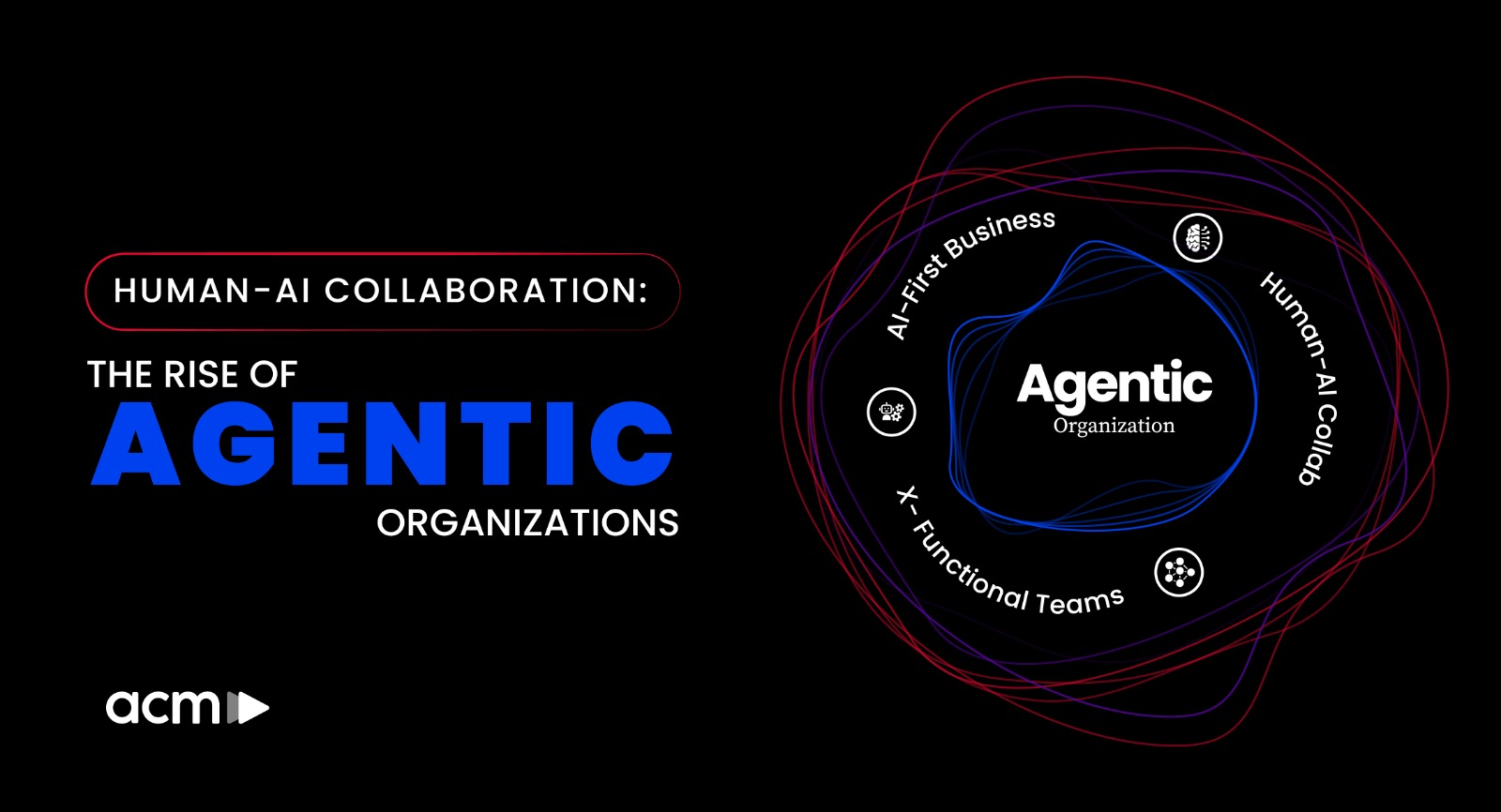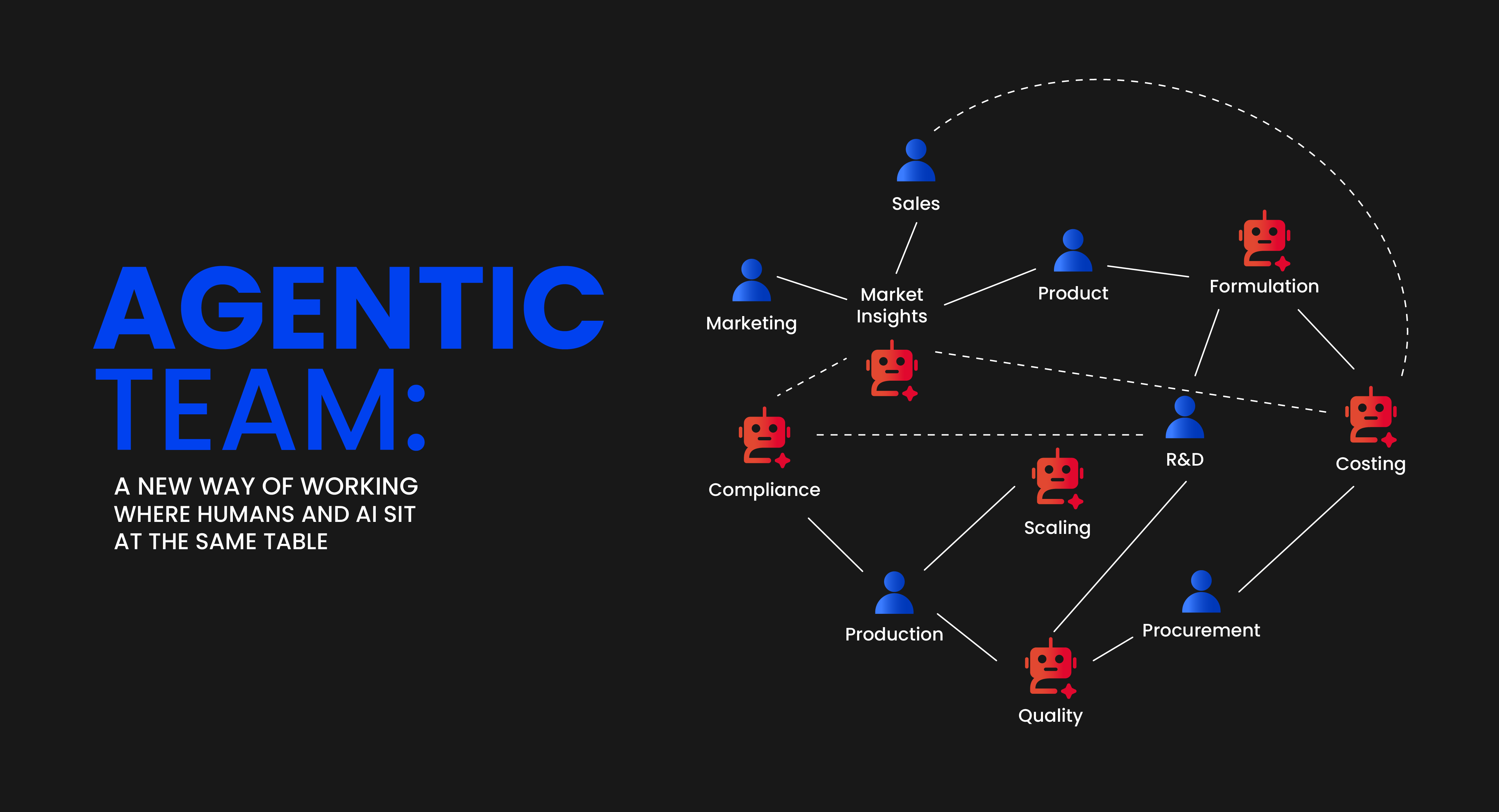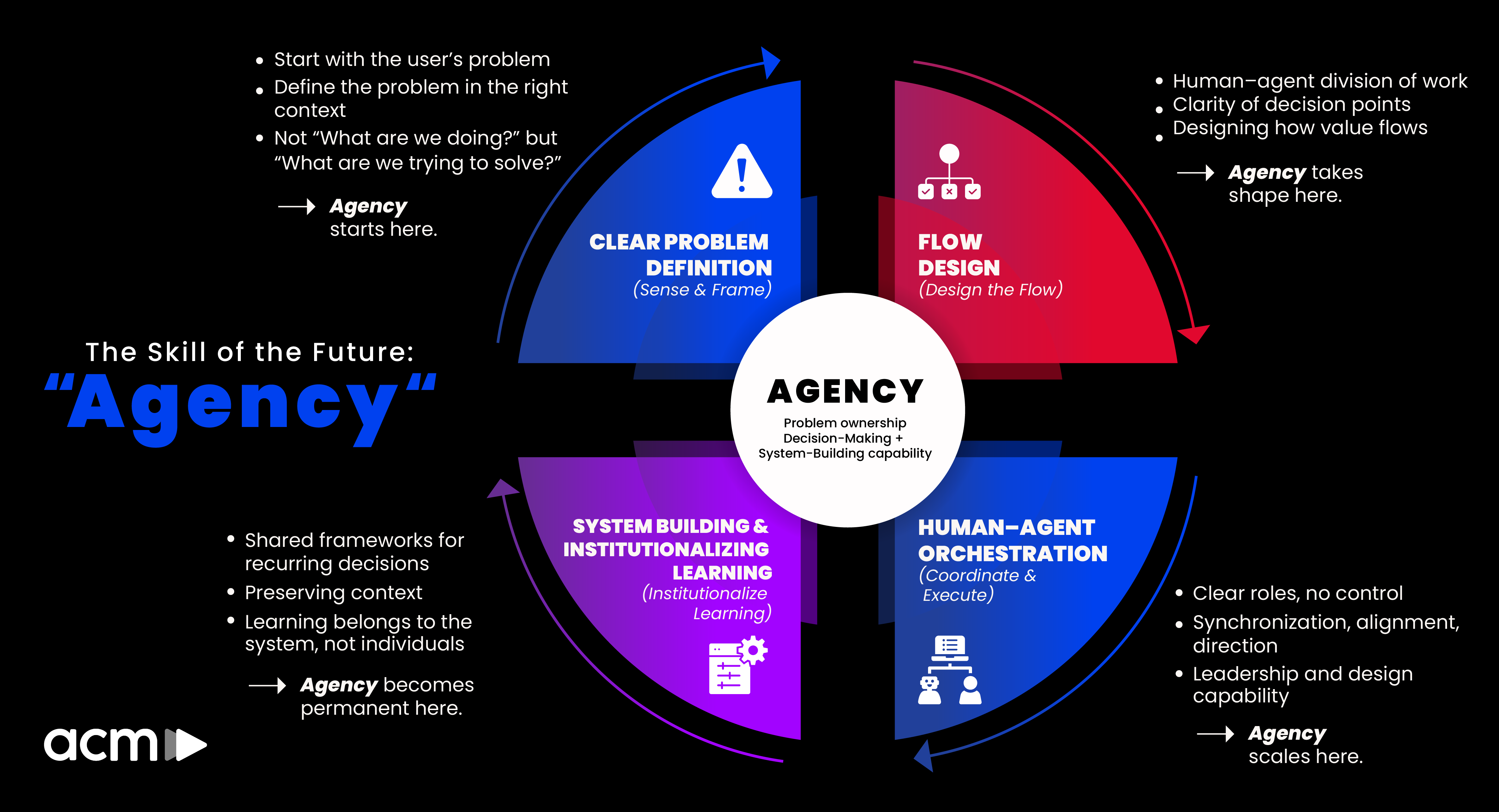The Blame Culture: Its Origins, Pitfalls, and How Organizations are Fighting Back
Blame culture is a toxic environment that stifles learning and innovation. Organizations should take steps to create a culture of safety and trust, focus on systems, not individuals, encourage learning and improvement, and celebrate successes.
History of blame culture
The term "blame culture" was first used in the 1980s by the British psychologist and social scientist Dr. William Whyte. He used the term to describe a culture in which people are quick to blame others for mistakes, rather than trying to understand the root causes of problems and learn from them.
Why does blame culture exist?
There are a number of reasons why blame culture exists. One reason is that it is a natural human tendency to want to find someone to blame when things go wrong. This is especially true when we feel threatened or insecure.
Another reason for blame culture is that it is often easier to blame someone than to fix a problem. It can be difficult and time-consuming to identify and address the root causes of a problem, so it is often easier to simply blame someone and move on.
Finally, blame culture can be perpetuated by organizational policies and procedures. For example, if an organization has a culture of punishing people for mistakes, this will create an environment where people are more likely to blame others than to report errors or try to learn from them.
What does blame culture mean?
Blame culture is a pervasive problem in many organizations and societies. It is a culture where people are quick to point fingers and assign blame when things go wrong, rather than focusing on learning from mistakes and improving systems. It signifies a work atmosphere where the primary focus shifts from problem-solving, collaboration, and progress to finding fault and assigning blame when issues arise. A study by the Society for Human Resource Management found that 60% of employees say that they are afraid to make mistakes at work because of blame culture. It fosters an environment where employees are hesitant to take calculated risks, innovation is stifled, and trust among colleagues deteriorates. In a blame culture, the emphasis is on discovering someone to hold responsible for failures, frequently resulting in scapegoating and a glaring lack of accountability at higher organizational levels.
Why Organizations Should Avoid It:
Innovation Stifled: Blame culture deters employees from suggesting new ideas or taking calculated risks. The fear of repercussions stifles innovation and cripples an organization's adaptability in a rapidly evolving world.
Low Morale and Engagement: Living under the constant shadow of blame corrodes employee morale and engagement. It breeds a toxic atmosphere where individuals prioritize avoiding blame over contributing positively to the organization.
Lack of Accountability: Ironically, despite its focus on blame, blame culture often shields higher-ups from accountability. This absence of accountability can result in systemic issues going unaddressed, undermining the organization's overall performance and integrity.
Consequences of blame culture for employees
Being blamed can have a number of negative consequences for employees. It can lead to:
• Decreased motivation
• Increased stress and anxiety
• Reduced job satisfaction
• Increased turnover
What organizations are doing to prevent blame culture
A number of organizations are taking steps to prevent blame culture. Some of these steps include:
• Creating a culture of safety and trust. Employees need to feel safe to report mistakes without fear of punishment.
• Focusing on systems, not individuals. When things go wrong, look for the root cause of the problem, rather than simply blaming individuals.
• Encouraging learning and improvement. When mistakes happen, focus on finding ways to prevent them from happening again.
• Celebrating successes. It is important to recognize and celebrate successes, both big and small. This helps to create a more positive and supportive work environment.
Spotify: Spotify has a number of initiatives in place to prevent blame culture, including:
Radical honesty culture: Spotify encourages employees to be open and honest with each other, even if it means giving negative feedback. This culture of honesty helps to prevent blame culture, as it encourages employees to address problems directly and honestly, rather than blaming others.
No jerks policy: Spotify has a "no jerks" policy, which means that employees who are caught engaging in blame culture or other forms of bullying will be disciplined.
Squad culture: Spotify organizes employees into squads, which are small, cross-functional teams. Squads are responsible for their own products and features, and they are empowered to make decisions and take risks. This squad culture helps to create a sense of ownership and responsibility, which can help to reduce blame culture.
Blame culture, with its historical roots in command-and-control management, has no place in modern organizations. The detrimental consequences it poses for individuals and organizations are well-documented, making it imperative for forward-thinking organizations to cultivate a culture of accountability, learning, and collaboration. By doing so, they can create a workplace that nurtures innovation, resilience, and success for everyone involved.









Comment(s)